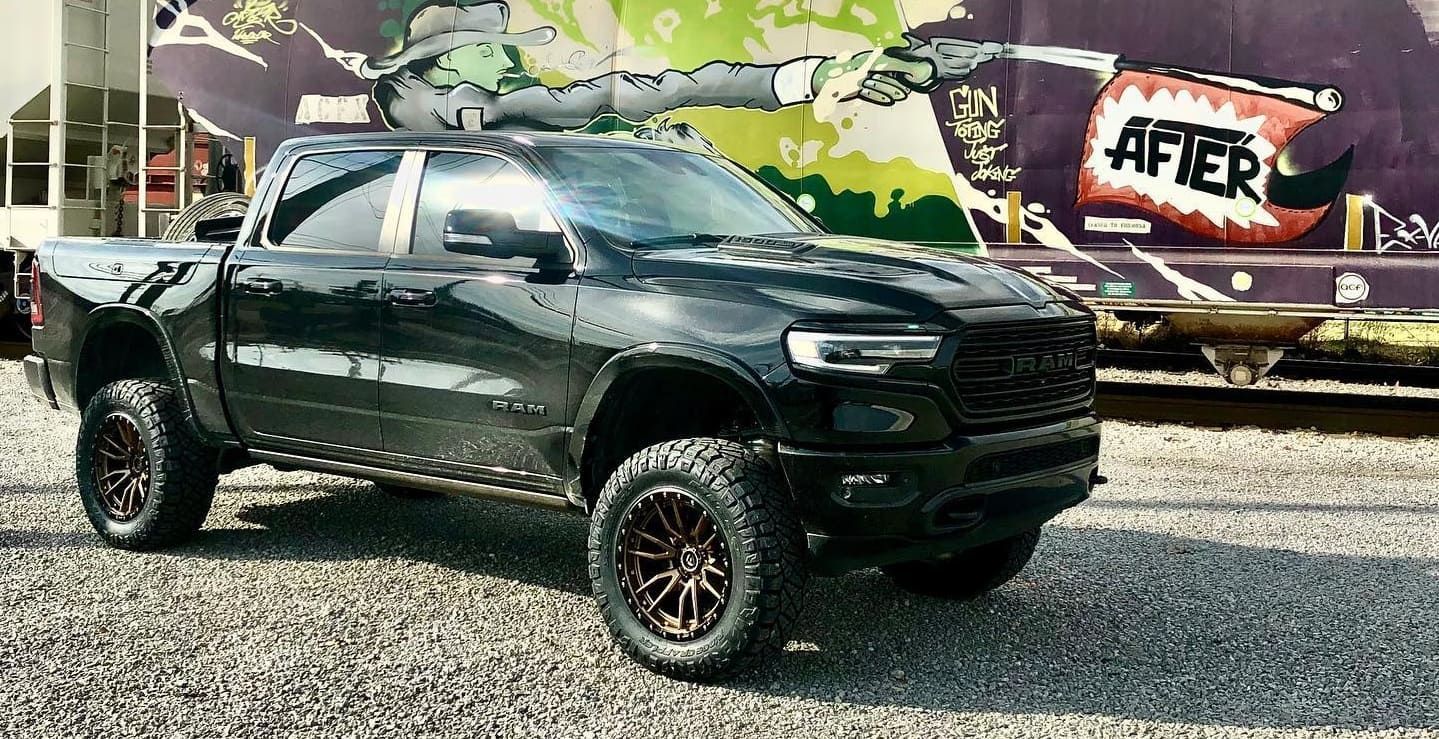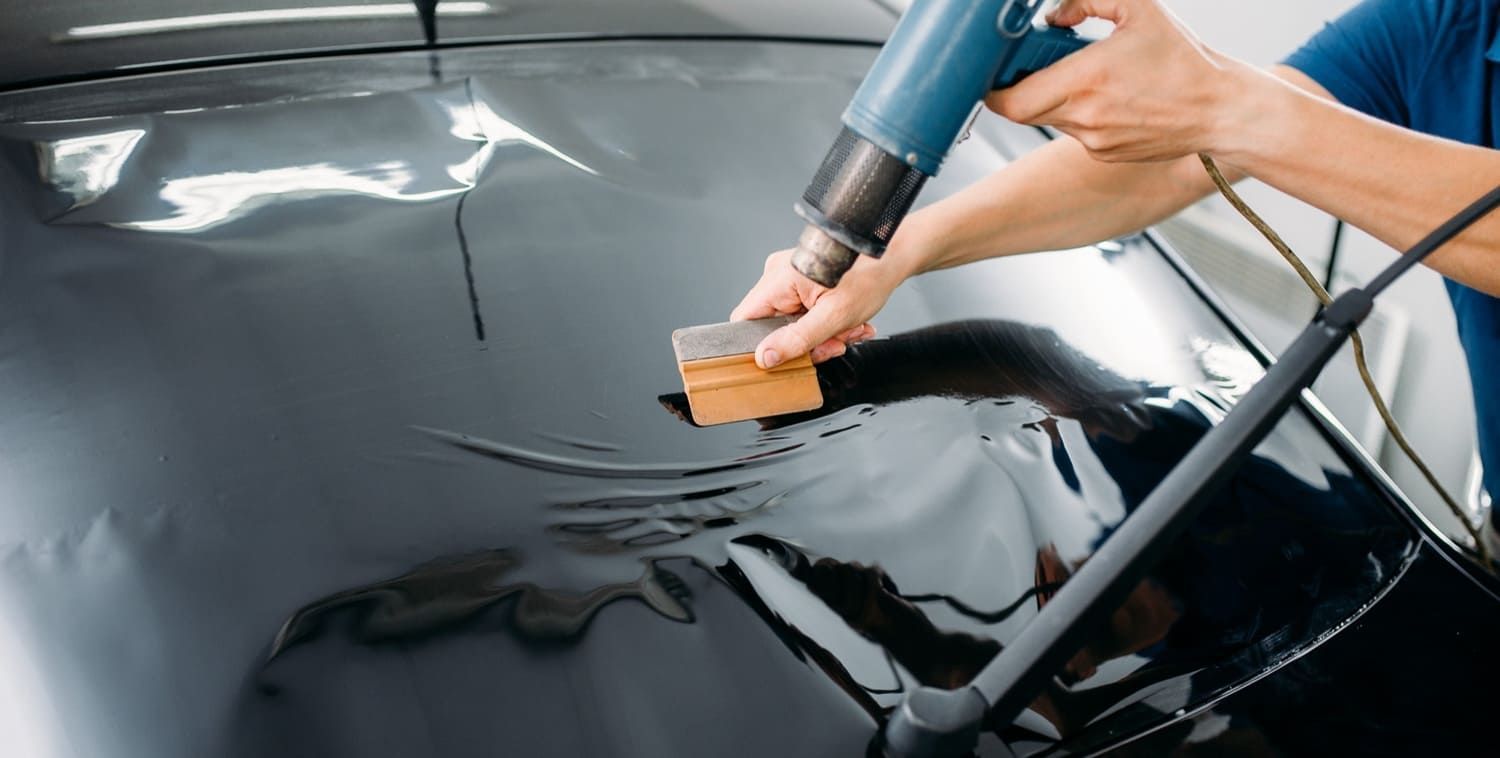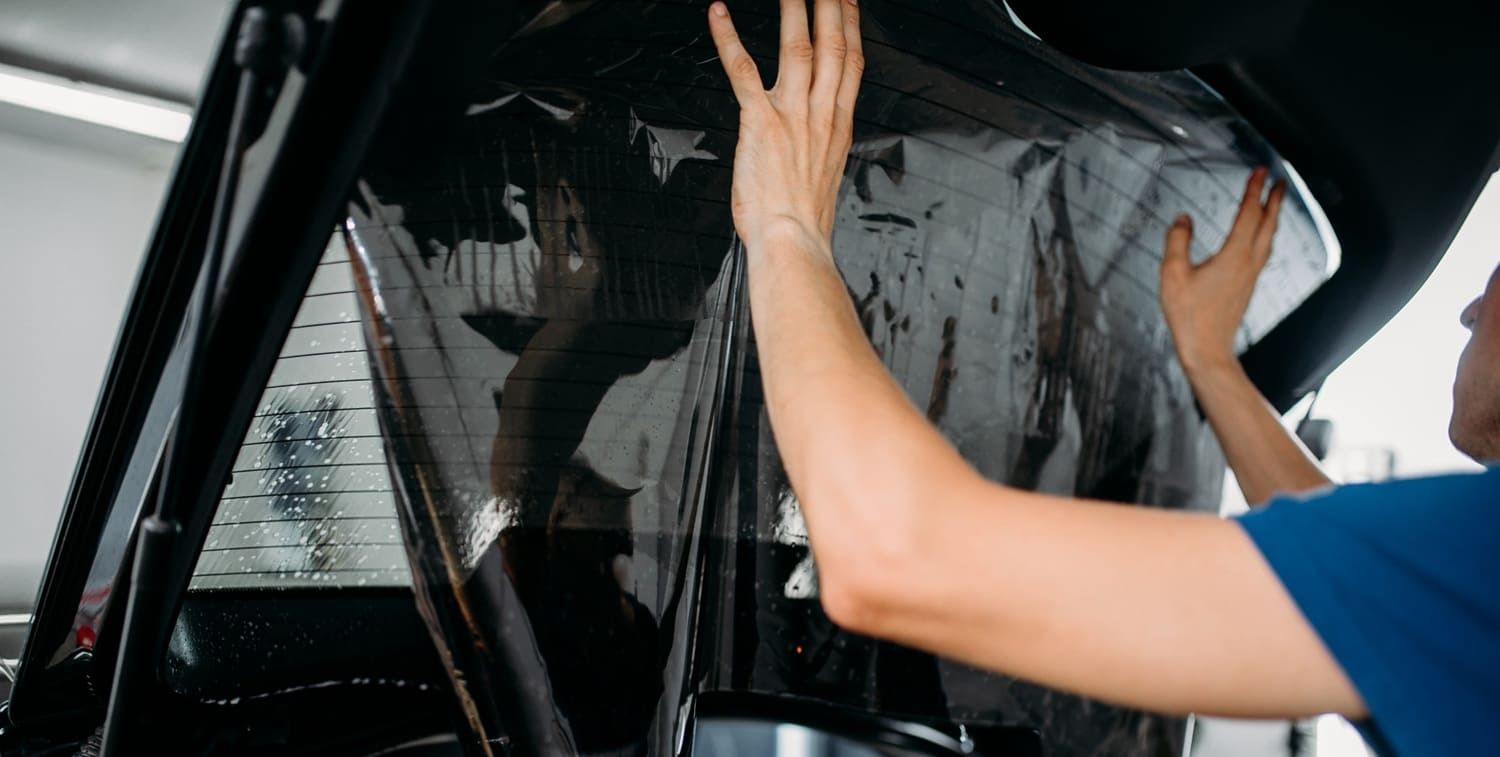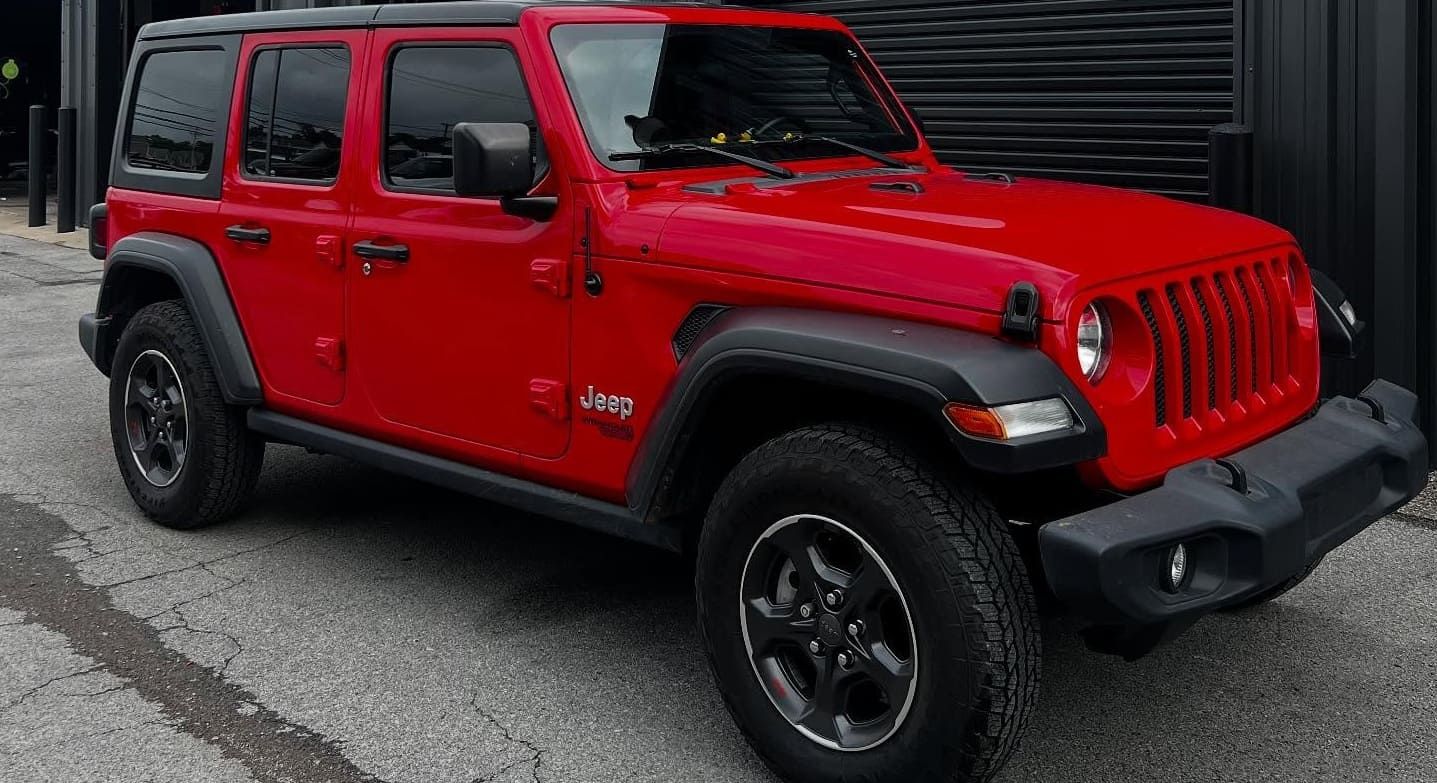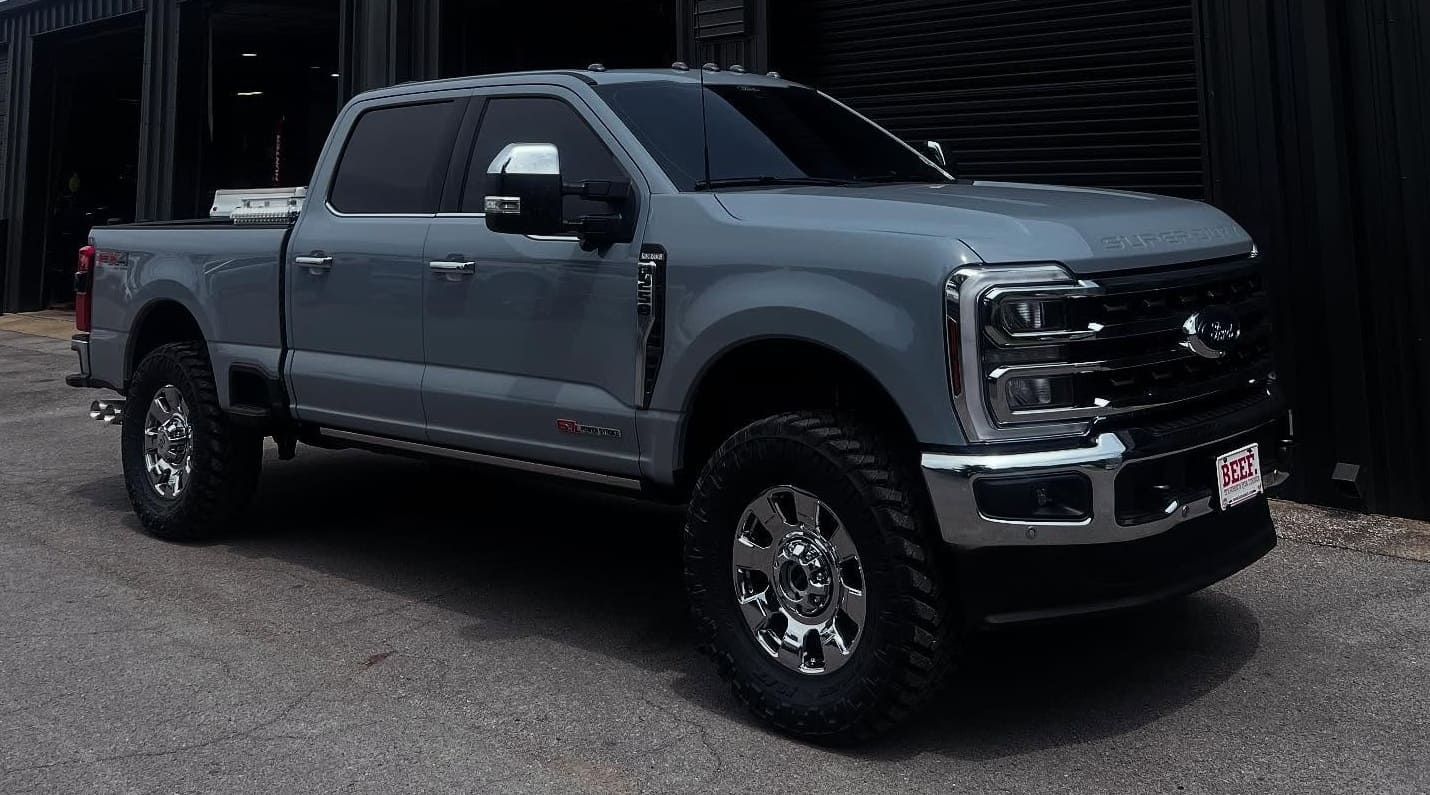Car Window Tinting: What’s Legal and What’s Not
Before we delve into the laws, it's essential to understand what window tinting is and why people choose to do it. Window tinting involves applying a thin film to the glass surfaces of a vehicle. This film can reduce glare, block UV rays, and offer a degree of privacy by making it harder to see inside the vehicle. Additionally, tinted windows can enhance the overall driving experience by reducing heat inside the car, thereby increasing comfort during hot weather.
Moreover, window tinting can protect your car's interior from sun damage. Prolonged exposure to UV rays can fade upholstery and damage dashboards. By blocking these rays, tinting helps maintain the interior's appearance and longevity. Many vehicle owners also appreciate the added security, as tinted windows can make it more difficult for potential thieves to see valuables inside the car.

Types of Window Tint
There are various types of window tint available, each offering different benefits:
- Dyed Film: This is the most cost-effective option. It offers privacy and glare reduction but is less effective at blocking UV rays. Dyed film is primarily aesthetic and can provide a uniform appearance to your car windows. However, over time, dyed films may fade or turn purple due to exposure to sunlight.
- Metalized Film: This type provides better UV protection and is more durable, but it can interfere with GPS and mobile signals. Metalized films are known for their strength and ability to block heat, making them an excellent choice for those seeking durability and sun protection. However, the metal particles in the film can lead to signal disruption, which can be a significant drawback for those relying heavily on electronic devices.
- Carbon Film: Known for its matte finish, carbon film offers excellent UV protection without signal interference. Carbon films are a mid-range option that provides a sleek, stylish look while effectively blocking heat and UV rays. They do not fade over time, making them a long-lasting choice for car owners.
- Ceramic Film: This is the top-tier option, offering superior heat and UV protection without affecting electronic signals. Ceramic films are the most expensive but provide the best performance in terms of clarity, longevity, and protection. They also enhance comfort by keeping the interior cooler, which can be particularly beneficial in hot climates.
Car Window Tinting Legality
The legality of car window tinting varies by location and is typically defined by two key measurements: Visible Light Transmission (VLT) and Reflection. Understanding these measurements is crucial for complying with state regulations and avoiding potential legal issues.
Visible Light Transmission (VLT)
VLT measures the percentage of visible light that can pass through the tinted windows. A lower VLT percentage means less light can pass through, making the tint darker. Each state has its own legal VLT limits, which are usually different for front side, back side, and rear windows. For instance, front side windows often have stricter VLT requirements to ensure adequate visibility for drivers and law enforcement.
Knowing your state's VLT requirements is essential before applying any tint. Exceeding these limits can result in fines and mandatory removal of the tint. It's important to note that VLT percentages can also vary based on the type of vehicle, such as passenger cars or SUVs, which may have different regulations.
Reflection
Some tints have a reflective quality. While this can help reduce heat, most states have regulations on how reflective your window tint can be to prevent excessive glare for other drivers. Reflective tints may look appealing and enhance privacy, but they can also cause visibility issues for other drivers by creating glare.
Each state sets its own limits on the allowable level of reflectivity. It's vital to adhere to these regulations to ensure the safety of all road users. Violating reflectivity laws can lead to fines and the necessity to replace the tint with a compliant option.
Window Tinting Laws in Tennessee
If you're a resident of Tennessee or planning to drive through the state, it's crucial to familiarize yourself with its specific window tint laws. Tennessee has clear guidelines on how dark and reflective your car windows can be, ensuring safety and compliance.
Front Side Windows
In Tennessee, the law requires that the front side windows allow more than 35% of light in. This means you cannot have extremely dark tints on the driver's and passenger's front windows. This regulation ensures that drivers maintain a clear view of their surroundings, which is essential for safe driving.
Adhering to the front side window tint limit is particularly important for law enforcement visibility during traffic stops. Ensuring compliance with this rule can prevent potential confrontations and fines.
Back Side and Rear Windows
For back side and rear windows, Tennessee is more lenient. The law allows for any darkness level on these windows, which means you can opt for darker tints to enhance privacy and reduce heat. This flexibility allows vehicle owners to prioritize comfort and security for passengers and belongings.
While darker tints are permissible for rear windows, it's still crucial to consider visibility. Excessively dark tints can hinder the driver's ability to see through the rear window, especially in low-light conditions.
Windshield Tint
Tennessee law permits a non-reflective tint on the top 5 inches of the windshield. This is often referred to as an "eyebrow" or "sun strip." The purpose of this allowance is to reduce glare from the sun without obstructing the driver's view of the road.
When applying a windshield tint, ensure it does not extend beyond the legal limit, as this could result in a citation. The sun strip can be particularly beneficial during sunrise and sunset, when glare can be most problematic.
Tint Reflection Restrictions
Tennessee also regulates the reflectiveness of window tints. The front and back side windows must not be more reflective than a standard window. This regulation is in place to prevent glare that could impair the vision of other drivers.
Maintaining compliance with reflection restrictions is essential for road safety. Excessive reflectivity can lead to accidents and legal penalties, so choose a tint that balances aesthetic appeal with legality.
Medical Exemptions
Tennessee does allow for medical exemptions to its window tint laws. If you have a medical condition that requires additional protection from sunlight, you may apply for a special permit to have a darker tint than normally allowed. However, you will need to carry this exemption documentation in your vehicle at all times.
Medical exemptions are crucial for individuals with conditions such as lupus or skin cancer, where UV protection is necessary. Ensure that your medical documentation is up-to-date and accessible to avoid any legal complications during traffic stops.
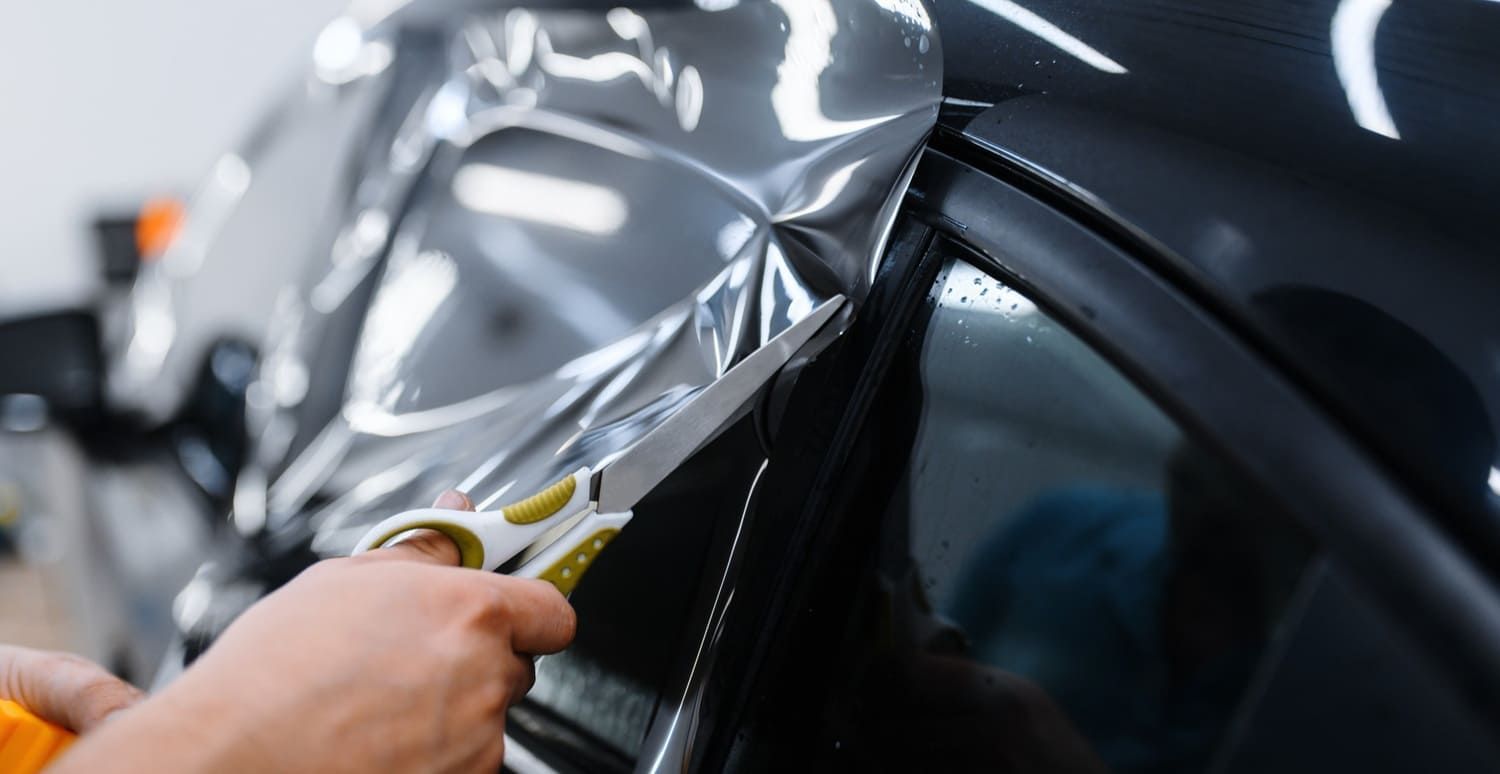
Consequences of Illegal Tinting
If your vehicle's window tint does not comply with Tennessee law, you could face penalties. These penalties often include fines, and you may be required to remove the illegal tint. Multiple offenses can lead to more severe consequences, such as higher fines or even impounding of the vehicle.
Understanding the implications of illegal tinting is vital to avoid unnecessary expenses and legal issues. Law enforcement regularly checks for compliance, and being well-informed can prevent costly mistakes. It's also important to remember that penalties can vary based on the severity of the violation and the number of offenses.
How to Ensure Your Tint Is Legal
To ensure your tint complies with the law, consider the following steps:
- Consult a Professional: A professional window tinting service will be familiar with local laws and can advise you on the best options for legal tinting. Professionals have the expertise to apply tint correctly, ensuring uniformity and compliance.
- Check Certification: When getting your windows tinted, ask for a certificate of compliance. This should indicate that the tint meets state regulations. Having certification provides peace of mind and can serve as proof of legality if questioned by law enforcement.
- Keep Documentation Handy: If you have a medical exemption, always carry the documentation in your vehicle. This ensures that you can present it when required, preventing potential fines or legal issues during traffic stops.
Choosing the Right Tint
When choosing a window tint, consider both legal requirements and your personal needs. Reflect on factors such as budget, UV protection, and desired privacy level. Remember, while darker tints offer more privacy, they must comply with state laws.
Balancing Aesthetics and Legality
It's possible to have both a stylish and legal window tint. Work with a reputable provider who understands the balance between aesthetics and compliance. A knowledgeable provider can recommend the best tint type and VLT percentage to meet both your style preferences and legal obligations.
Considering your priorities will help you select a tint that enhances your vehicle's appearance without compromising safety or legality. By making informed decisions, you can enjoy the benefits of window tinting while remaining compliant with the law.
Conclusion
Navigating the world of car window tinting can be complex due to varying laws. However, understanding the basics of VLT and reflection, along with the specific regulations in your state, will help you make informed decisions. In Tennessee, adhering to these laws ensures you avoid fines and keep your vehicle roadworthy. Always prioritize legal compliance when choosing your window tint to enjoy the benefits without the drawbacks. By staying informed and working with professionals like Full Throttle Custom Automotive—the best window tinting installers serving Lebanon, TN—you can achieve the perfect balance between style, comfort, and legality. Contact us today for a free estimate and experience expert service you can trust.



